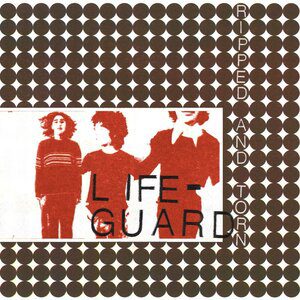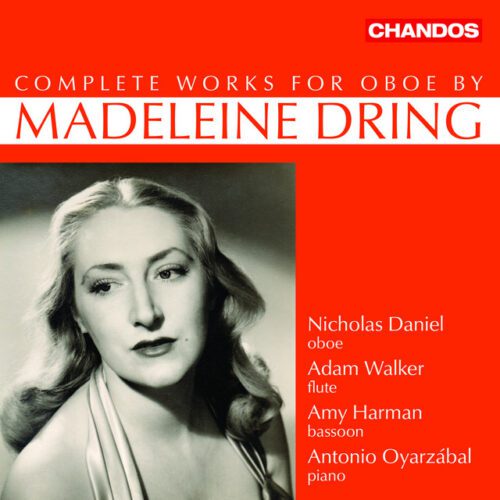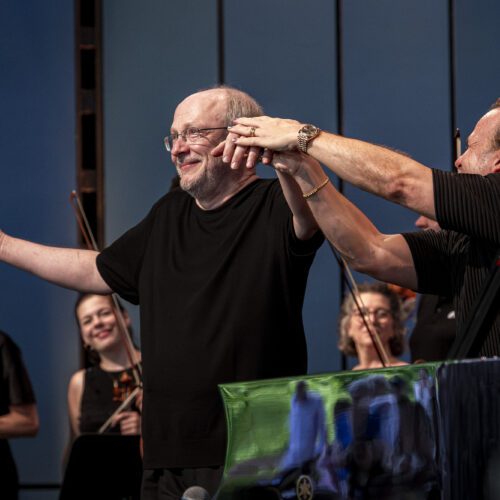When Rutshelle Guillaume filled the Rialto last spring, it was a community show. That’s a thing of the past. Presented on the main stage of Nuits d’Afrique in front of a packed house, the Port-au-Prince singer’s show (relocated to Florida) went beyond the market of the Haitian diaspora, most of whom were already loyal to her… and very present on this Sunday evening.
A decade of hard work has brought Rutshelle Guillaume to this altitude. If her business is done right for the future, this genuine conqueror could possibly reach the upper echelons of international pop.
Her most fervent fans have crowned her the “queen of konpa”, and we listened carefully to her repertoire, performed on stage with choreography, to see that konpa, the Haitian groove par excellence, is this time combined with other Caribbean, African and North American influences: dancehall, ragamuffin, afrobeats, power ballads and soul/ R&B are all part of this global konpa, expressed above all in Haitian Creole.
With a stage presence like this, Rutshelle Guillaume ticks all the boxes of the globalized superdiva. Scheduled for release before the end of the year, her next studio album will tell us a lot about her professional future. In another sign of recognition, on Monday, July 22, at Montreal City Hall, she was awarded the Prix Nuits d’Afrique pour la Francophonie “given to an artist of international renown, who embodies a unifying vision of the Francophonie and the diversity of cultural expression in the international French-speaking world”.
And it comes from Haiti! Whatever you think of the chaos there, you need to have traveled there to perceive its immense cultural and artistic virtues. From a distance, is it unthinkable that such global pop could flourish in the rubble? Probably not. Up close, on the contrary, we know it’s possible. Here’s further proof! At a time when Haiti is in the worst of its difficulties, this is certainly a token of hope and pride from the Magic Island.
It’s hard to imagine a better closing to the 38th Nuits d’Afrique.
On this occasion, PAN M 360 brings you a cross-report: Keithy Antoine, Haitian-born broadcaster and PAN M 360 contributor, chats with Alain Brunet on site, during the concert. Here’s the text exchange!
AB : Big variety machine!
KA : Yes, she’s powerful.
AB : It’s incredible that such an artist has developed in such a difficult context.
KA : Yes, but she’s traveled a lot, and she’s well surrounded.
AB : No artist from Port-au-Prince has had the impact she will.
KA : That’s what she’s working for! It’s wonderful.
AB : She’s the diva Haiti’s been waiting for.
KA : She’s popular, but not yet an icon.
AB : There are Haitian artists from Port-au-Prince who are icons, but none have made such an impact abroad, so quickly.
KA : We’re in a different era, so it’s hard to compare. But I’m not downplaying her popularity.
AB: In quantitative terms, it’s clear that she exceeds the standards of her era.
KA : Yes. I’m not downplaying it.
AB: It’s also the revenge of konpa in the recent history of West Indian music. Konpa was very strong in the 50s, 60s and 70s. Now it’s back with a vengeance.
KA : You could say. Or its real rise.
AB: Konpa can be seen as the foundation of modern Creole groove. With Rutshelle, it can get big.
KA : To each his own! But trying to win over a wider audience changes the sound too.
AB : But the basics are still there. The Farfisa organ sounds, the guitars, the congas – in short, all the typical elements of konpa are there when she goes in that direction.
KA : But it’s not pure konpa either. And konpa has to change like other styles.
AB: Not pure konpa, yes. It’s more like konpa-based global pop.
KA : With a veneer of variety. In fact, I had a lot of fun, not a lot of fun. This pop is clean clean.
AB : Exactly. It’s pop-variety. There are some nice reforms, but it can be perceived as skimming. Artistically, at least, it’s not yet striking.
KA : That’s not bad. It’s good, it’s very good, it pleases a lot. Bon dodo!
























